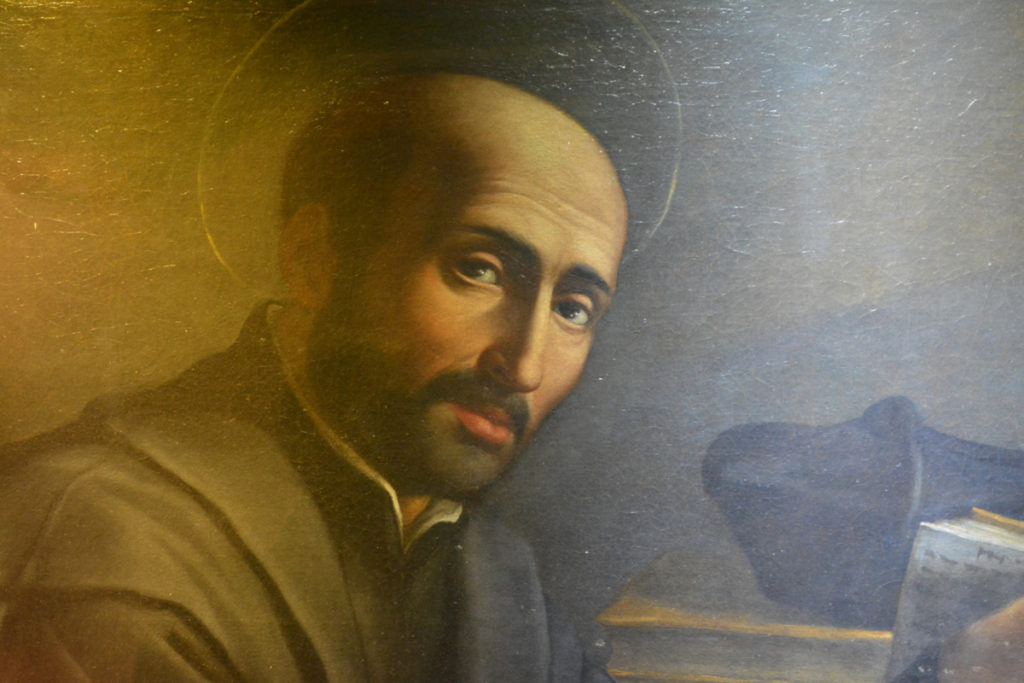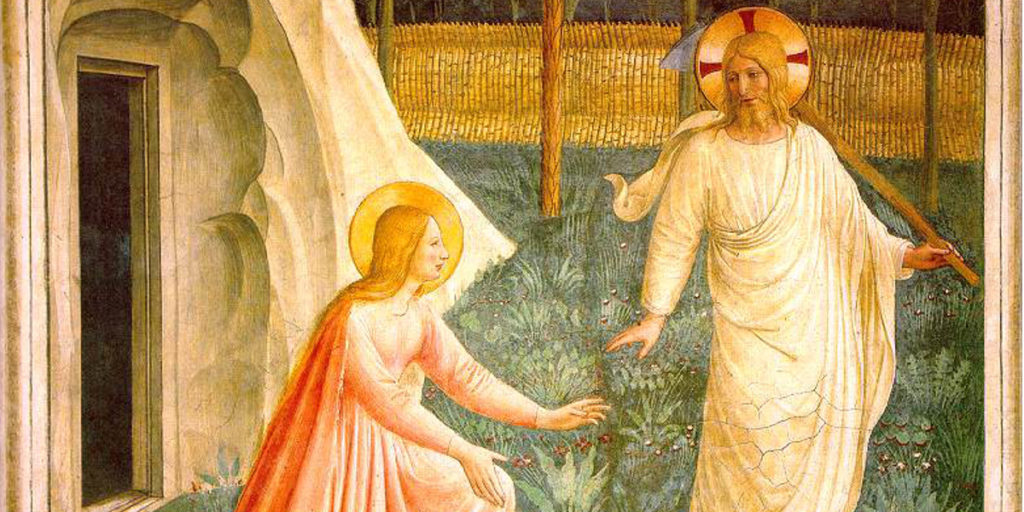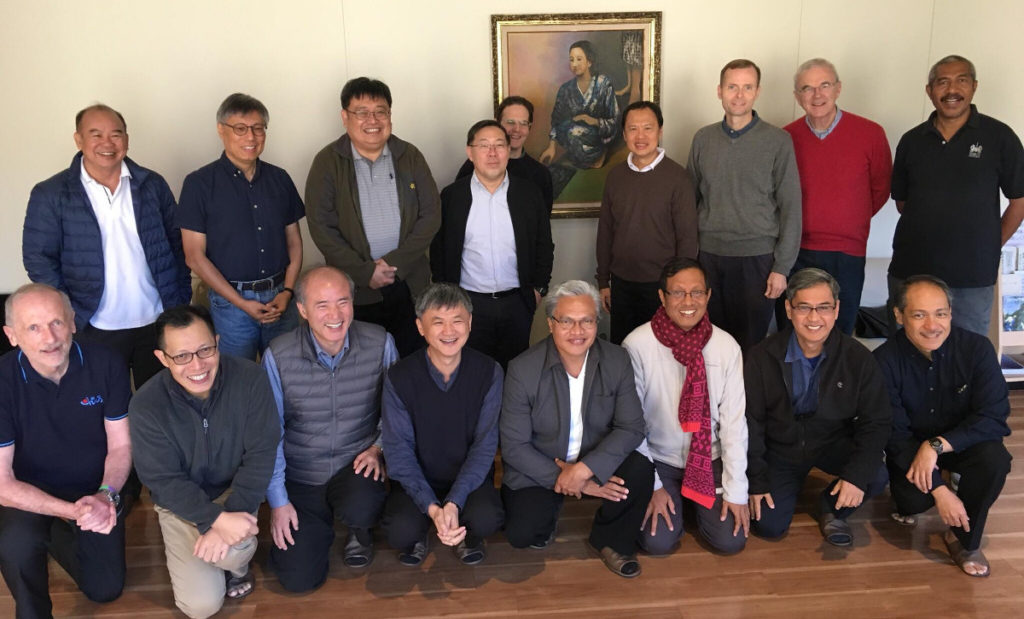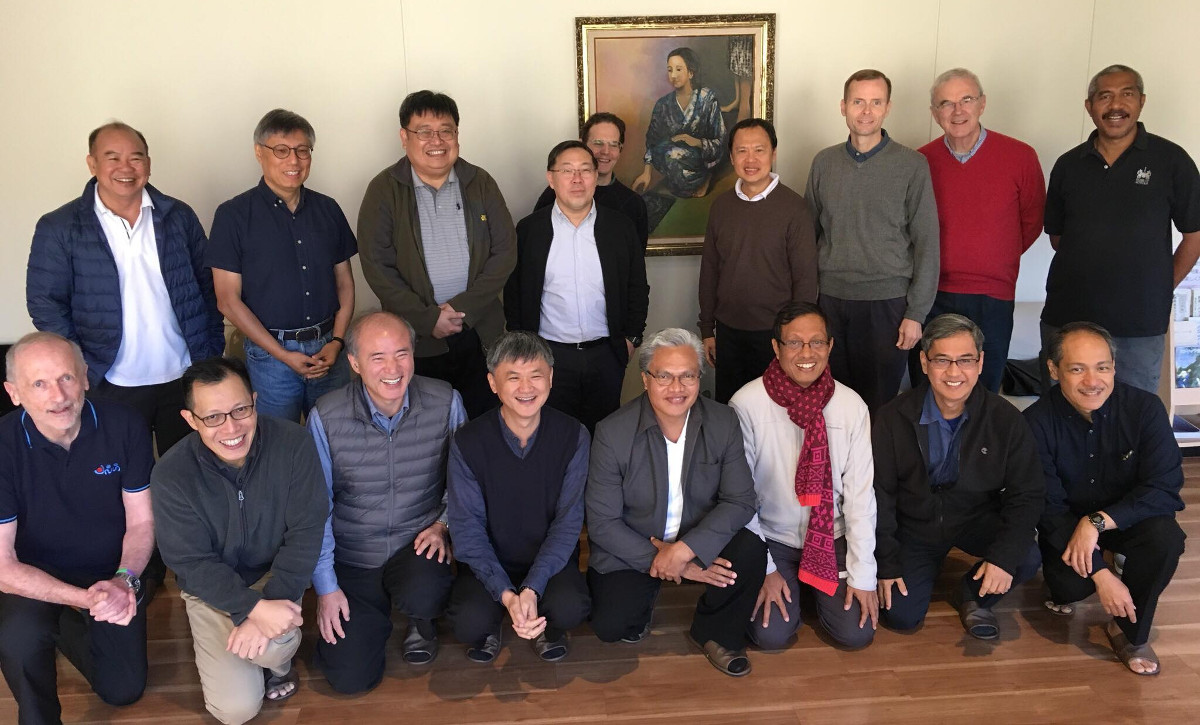The encounters with Jesus in the manger are no accident. There are signposts which are heard and seen. In the case of the shepherds, the angel appears before them and declares: “Do not be afraid…, a saviour has been born for you who is Messiah and Lord…, you will find an infant wrapped in swaddling clothes and lying in a manger.” The shepherds are vigilant, mindful, responsive, and prayerful. After seeing Mary, Joseph, and the baby Jesus, they are overjoyed, and in thankful praise, they glorify God “for all they had heard and seen, just as it had been told to them”.
We have a similar account with the visit of the magi. They are overjoyed at seeing the star. They are attentive, responsive, prayerful, and courageous. They follow the star until they reach the place where Jesus is. They adore him and open their gifts of gold, frankincense, and myrrh. In a dream, the message becomes clear: they should not return to Herod, and they are to travel to their country “by another way”.
At the first Christmas, we have a striking picture of synodality – the shepherds and magi journeying together separately and willing to be led by the angel or by the star. They see, listen, focus, and find Jesus. They are not disengaged, indifferent, and inattentive. They eventually tell the story of their encounter with the Lord, and share their joys and hopes with others.
Pope Francis has convened the Synod on Synodality last October, so we can experience true conversion, and that we may see the realities around us, listen to each other more deeply, and listen to the Spirit as we walk together in pursuit of the mission. If we have the disposition of the shepherds and the magi, their willingness to see, listen, and be led, we can encounter the Lord, and thus share our joys and hopes with others. Rafael Luciani, an eminent lay Venezuelan theologian and member of the theological commission for the Synod on Synodality, says that this gathering is the next most important event of the Church after Vatican II. Reform and conversion are at the heart of synodality. The conversion of mindsets, dispositions, and attitudes of all the baptised, not only the ordained ministers, is needed just as structures of the governance in the Church have to be transformed. Clericalism, careerism, and self-referentiality have no place in the Church. They have to give in to communion, participation, and mission.
Synodality is our way of being and living. It is a collective response to what is terribly lacking in our Church and world. This is our response to the world that is plagued with failure to listen and see, always wanting to control and dominate, and privatised faith without any sense for community. May Christmas not simply be for us an experience of joy and giving, but more importantly, an event of journeying together, of listening and seeing, of being led to a deep encounter with Jesus, and our own transformation for the mission.
A blessed Christmas and a hope-filled 2022.
Tony Moreno SJ
President, Jesuit Conference of Asia Pacific
Christmas 2021





